
南开校友及各界朋友信息交流平台 |
|
徐齐平
徐齐平先生,浙江人。1961年毕业于南开大学外文系并留校。我们班的泛读教授之一。夫人薛琛任南开大学公共外语部主任。
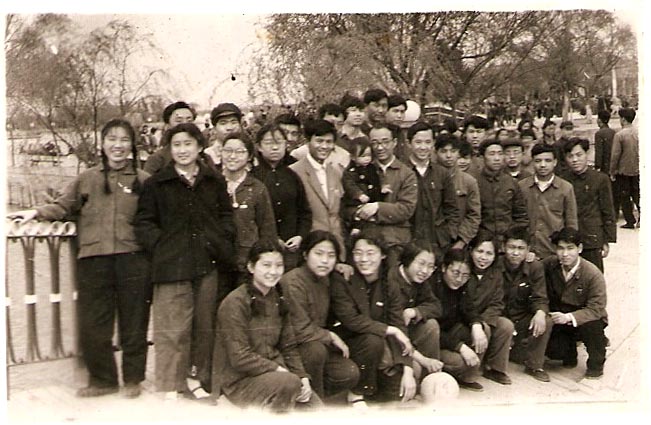
二排右起第二人是徐先生
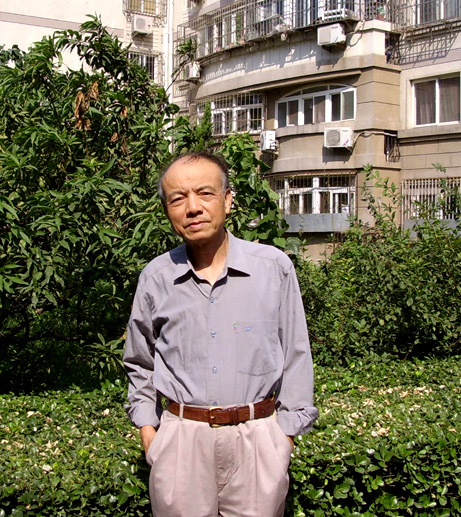
徐齐平老师
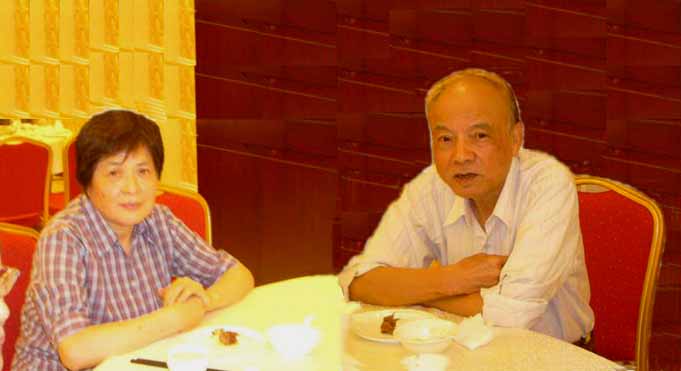
徐齐平老师和夫人薛琛
 主要著作及译著: 主要著作及译著:
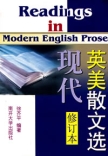
|
| 作者: |
徐齐平编 |
ISBN: |
9787310010172 |
出版社: |
南开大学出版社 |
出版日期: |
2002-2-1 |
|
|
|
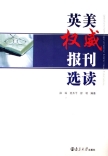
|
作者: |
薛琛、徐齐平、徐明 |
ISBN: |
9787305047978 |
出版社: |
南京大学出版社 |
出版日期: |
2006-9 |
|
|
|
《美国文学选读》
(编者之一。主编 李宜燮 常耀信) |
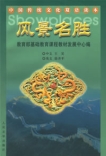
|
作者: |
王昊 著,徐齐平 译 |
ISBN: |
9787020048786 |
出版社: |
人民文学出版社 |
出版日期: |
2006-8-1 |
|
|
|

|
作者: |
薛琛 徐齐平 编著 |
ISBN: |
9787201037189 |
出版社: |
天津人民出版社 |
出版日期: |
2001-8-1 |
|
|
|
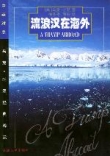
|
作者: |
(美)马克·吐温 著,徐齐平,薛琛 译 |
ISBN: |
9787201045009 , 7201045008 |
出版社: |
天津人民出版社 |
出版日期: |
2004-1-1 |
|
|
|
|
English Poet William Wordsworth (1770-1850) |
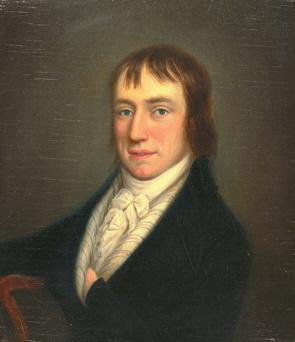
Portrait of William Wordsworth by William Shuter, 1798.
(This work of art is in the public domain.) |
William Wordsworth was a major English Romantic poet who, with Samuel Taylor Coleridge, helped to launch the Romantic Age in English literature with the 1798 joint publication Lyrical Ballads. Wordsworth's magnum opus is generally considered to be The Prelude, a semiautobiographical poem of his early years which the poet revised and expanded a number of times. The work was posthumously titled and published, prior to which it was generally known as the poem "to Coleridge". Wordsworth was England's Poet Laureate from 1843 until his death in 1850.
In November 1791, Wordsworth visited Revolutionary France and became enthralled with the Republican movement. He fell in love with a French woman, Annette Vallon, who in 1792 gave birth to their child, Caroline. Because of lack of money and Britain's tensions with France, he returned alone to England the next year. The circumstances of his return and his subsequent behaviour raise doubts as to his declared wish to marry Annette, but he supported her and his daughter as best he could in later life. During this period, he wrote his acclaimed "It is a beauteous evening, calm and free," recalling his seaside walk with his daughter, whom he had not seen for ten years. At the conception of this poem, he had never seen his daughter before. The occurring lines reveal his deep love for both child and mother. The Reign of Terror estranged him from the Republican movement, and war between France and Britain prevented him from seeing Annette and Caroline again for several years. There are strong suggestions that Wordsworth may have been depressed and emotionally unsettled in the mid-1790s. With the Peace of Amiens again allowing travel to France, in 1802 Wordsworth and his sister, Dorothy, visited Annette and Caroline in France and arrived at a mutually agreeable settlement regarding Wordsworth's obligations.
Wordsworth, Dorothy and Coleridge travelled to Germany in the autumn of 1798. While Coleridge was intellectually stimulated by the trip, its main effect on Wordsworth was to produce homesickness. During the harsh winter of 1798–1799, Wordsworth lived with Dorothy in Goslar, and, despite extreme stress and loneliness, he began work on an autobiographical piece later titled The Prelude. He wrote a number of famous poems, including "The Lucy poems". He and his sister moved back to England, now to Dove Cottage in Grasmere in the Lake District, and this time with fellow poet Robert Southey nearby. Wordsworth, Coleridge and Southey came to be known as the "Lake Poets".Through this period, many of his poems revolve around themes of death, endurance, separation and grief.
Wordsworth received an honorary Doctor of Civil Law degree in 1838 from Durham University, and the same honor from Oxford University the next year. In 1842 the government awarded him a civil list pension amounting to £300 a year. With the death in 1843 of Robert Southey, Wordsworth became the Poet Laureate. When his daughter, Dora, died in 1847, his production of poetry came to a standstill.
William Wordsworth died by re-aggravating a case of pleurisy on April 23rd, 1850, and was buried at St. Oswald's church in Grasmere. His widow Mary published his lengthy autobiographical "poem to Coleridge" as The Prelude several months after his death. Though this failed to arouse great interest in 1850, it has since come to be recognized as his masterpiece.
|
EVENING ON CALAIS BEACH
by William Wordsworth
It is a beauteous evening, calm and free,
The holy time is quiet as a Nun
Breathless with adoration; the broad sun
Is sinking down in its tranquility;
The gentleness of heaven broods o'er the Sea;
Listen! the mighty Being is awake,
And doth with his eternal motion make
A sound like thunder—everlastingly.
Dear child! dear Girl! that walkest with me here,
If thou appear untouched by solemn thought,
Thy nature is not therefore less divine:
Thou liest in Abraham's bosom all the year;
And worshipp'st at the Temple's inner shrine,
God being with thee when we know it not.
|
UPON WESTMINSTER BRIDGE
by William Wordsworth
- EARTH has not anything to show more fair:
- Dull would he be of soul who could pass by
- A sight so touching in its majesty:
- This City now doth like a garment wear
- The beauty of the morning; silent, bare,
- Ships, towers, domes, theatres, and temples lie
- Open unto the fields, and to the sky;
- All bright and glittering in the smokeless air.
- Never did sun more beautifully steep
- In his first splendour valley, rock, or hill;
- Ne'er saw I, never felt, a calm so deep!
- The river glideth at his own sweet will:
- Dear God! the very houses seem asleep;
- And all that mighty heart is lying still!
|
LONDON, 1802
by William Wordsworth
- MILTON! thou shouldst be living at this hour:
- England hath need of thee: she is a fen
- Of stagnant waters: altar, sword, and pen,
- Fireside, the heroic wealth of hall and bower,
- Have forfeited their ancient English dower
- Of inward happiness. We are selfish men;
- Oh! raise us up, return to us again;
- And give us manners, virtue, freedom, power.
- Thy soul was like a Star, and dwelt apart:
- Thou hadst a voice whose sound was like the sea:
- Pure as the naked heavens, majestic, free,
- So didst thou travel on life's common way,
- In cheerful godliness; and yet thy heart
- The lowliest duties on herself did lay.
|
THE DAFFODILS; OR, I WANDERED LONELY AS A CLOUD
by William Wordsworth
- I WANDERED lonely as a cloud
- That floats on high o'er vales and hills,
- When all at once I saw a crowd,
- A host, of golden daffodils;
- Beside the lake, beneath the trees,
- Fluttering and dancing in the breeze.
-
- Continuous as the stars that shine
- And twinkle on the milky way,
- They stretched in never-ending line
- Along the margin of the bay:
- Ten thousand saw I at a glance,
- Tossing their heads in sprightly dance.
-
- The waves beside them danced; but they
- Out-did the sparkling waves in glee
- A poet could not but be gay,
- In such a jocund company
- I gazed -- and gazed -- but little thought
- What wealth the show to me had brought:
-
- For oft, when on my couch I lie
- In vacant or in pensive mood,
- They flash upon that inward eye
- Which is the bliss of solitude;
- And then my heart with pleasure fills,
- And dances with the daffodils.
|
THE SOLITARY REAPER
by William Wordsworth
- BEHOLD her, single in the field,
- Yon solitary Highland Lass!
- Reaping and singing by herself;
- Stop here, or gently pass!
- Alone she cuts and binds the grain,
- And sings a melancholy strain;
- O listen! for the Vale profound
- Is overflowing with the sound.
-
- No Nightingale did ever chaunt
- More welcome notes to weary bands
- Of travellers in some shady haunt,
- Among Arabian sands:
- A voice so shrilling ne'er was heard
- In spring-time from the Cuckoo-bird,
- Breaking the silence of the seas
- Among the farthest Hebrides.
-
- Will no one tell me what she sings?--
- Perhaps the plaintive numbers flow
- For old, unhappy, far-off things,
- And battles long ago:
- Or is it some more humble lay,
- Familiar matter of to-day?
- Some natural sorrow, loss, or pain,
- That has been, and may be again?
-
- Whate'er the theme, the Maiden sang
- As if her song could have no ending;
- I saw her singing at her work,
- And o'er the sickle bending;--
- I listen'd, motionless and still;
- And, as I mounted up the hill,
- The music in my heart I bore,
- Long after it was heard no more.
|
My Heart Leaps Up
by William Wordsworth
- My heart leaps up when I behold
- A rainbow in the sky:
- So was it when my life began;
- So is it now I am a man;
- So be it when I shall grow old,
- Or let me die!
- The Child is father of the Man;
- And I could wish my days to be
- Bound each to each by natural piety.
|
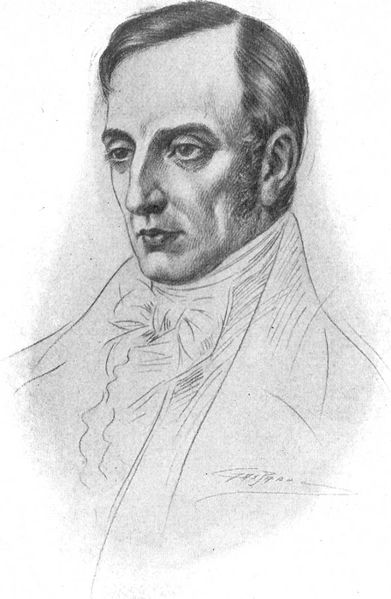
William Wordsworth.
(This work of art is in the public domain.)
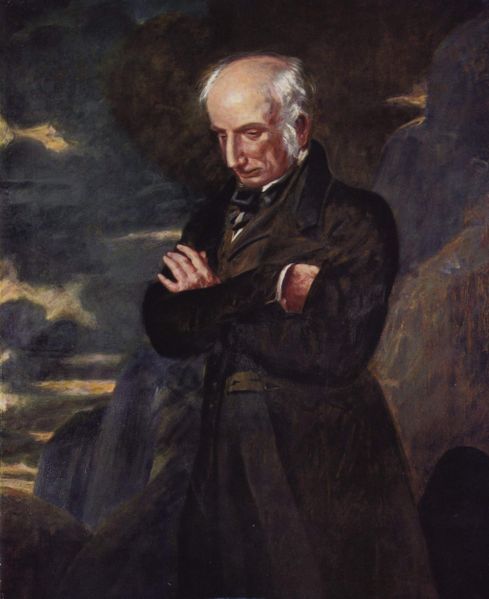
Portrait of Wordsworth in 1842, by Benjamin Haydon.
(This work of art is in the public domain.)
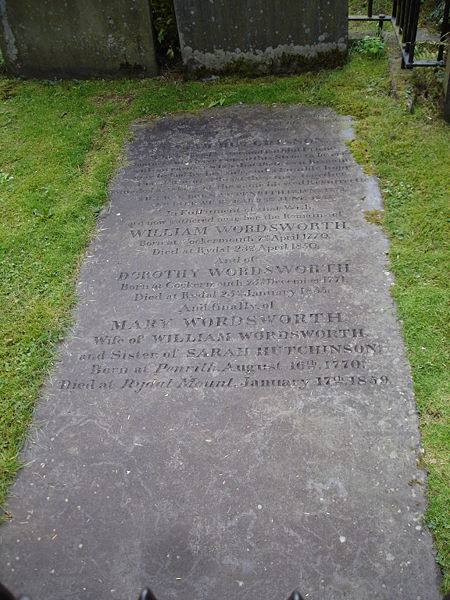
Gravestone of William Wordsworth, Grasmere, Cumbria of England.
Author of the photo: JohnArmagh
(The copy right of this picture has been released into the public domain.)
 
|
|





